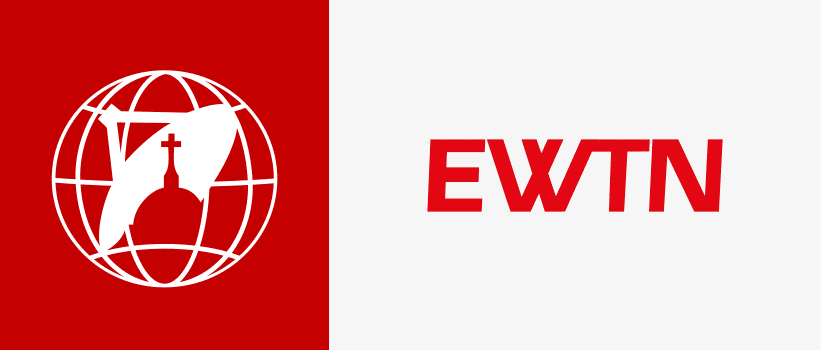Pope Francis unveils plan for Vatican to go solar
By Kristina Millare
Pope Francis has announced measures to transition Vatican City to using solar energy as its main source of electricity, as outlined in his latest motu proprio titled Fratello Sole, or “Brother Sun.”
The Holy Father has tasked the relevant Vatican governing bodies to collaborate with Italian authorities and build an “agrivoltaic system,” which would use land in Santa Maria di Galeria, an extra-territory of Vatican City situated outside of Rome, for farming and solar energy production.
“We need to make a transition toward a sustainable development model that reduces greenhouse gas emissions into the atmosphere,” reads the motu proprio, a decree authorized by the pope.
“Humanity has the technological means necessary to face this environmental transformation and its pernicious ethical, social, economic, and political consequences and, among these, solar energy plays a fundamental role,” the document reads.
In “Brother Sun,” the Holy Father expressed his desire to “contribute to efforts of all states” to abide by the United Nations Framework Convention on Climate Change and the Paris Agreement, which came into effect in Vatican City in 2022 on the feast day of St. Francis of Assisi (Oct. 4) to combat the challenges of climate change on our “common home.”
Though the United Nations Framework Convention on Climate Change (UNFCCC) reports the Vatican’s global emissions were around 0.0000443% in 2022, it recognized the state is “committed to achieving a reduction in emissions in line with the goal of keeping global warming below 2 degrees Celsius, as well as to pursuing efforts to limit the temperature increase to 1.5 degrees Celsius above pre-industrial levels as foreseen in the Art. 2 of Paris Agreements.”
The transition to solar energy as the main power source is the latest initiative of the Vatican to become more “green” and ecologically sustainable. But solar energy has already been in the sight of the Holy See for nearly two decades.
During his pontificate, Benedict XVI encouraged the international community “to respect and encourage a ‘Green Culture’ characterized by ethical values,” according to Cardinal Paul Poupard, the former head of the Pontifical Council for Culture, in a 2007 statement.
In 2008, Benedict XVI also approved the installation of 2,400 solar panels on the roofs of the Vatican’s Paul VI Hall “to power the lighting, heating, and cooling of a portion of the entire country” according to a National Geographic report.
Under Pope Francis, the Vatican partnered with Volkswagen to introduce an all-electric car fleet to reduce the state’s carbon footprint in 2023. One year after the release of the encyclical Laudato Si’, the Vatican innovated its recycling system in 2016 to reduce waste and pollution.












